LATVIJA.FM
Juris Alunāns: The Linguistic Architect of Latvian Identity
In the mid-19th century, as national awakenings stirred across Europe, a young Latvian scholar named Juris Alunāns laid the intellectual foundations for a cultural revival that would transform a peasant language into a proud national tongue. Through poetry, neologisms, and linguistic precision, he helped reforge the Latvian language into a vehicle for modern thought. His short life left a deep legacy: not only did Alunāns inspire generations of writers and thinkers, but he also gave Latvians a renewed sense of dignity in their own words.
A Scholar with a Mission
Born in 1832 in the Latvian town of Alūksne, Juris Alunāns came of age during a time when the Latvian language was still seen by many as suitable only for folk songs and sermons. Educated in Tartu, where he studied at the University of Dorpat (now University of Tartu), Alunāns was surrounded by German-speaking scholars and immersed in European intellectual currents. It was here that he became determined to elevate Latvian from its rustic confines and prove that it could carry the weight of academic and poetic expression.
New Words for a New Nation
One of Alunāns’s most enduring contributions was his creation of neologisms—new Latvian words that would enable the language to engage with modern ideas. At a time when there was no vocabulary for science, politics, or abstract thought in Latvian, Alunāns coined hundreds of terms still in use today. Words like “sabiedrība” (society), “vide” (environment), and “zinātne” (science) trace their roots directly to his pen. These weren’t arbitrary inventions; each word was rooted in the logic and rhythm of Latvian, crafted with care to feel native and organic.
Dziesmiņas, latviešu valodai pārtulkotas
Alunāns’s most famous literary work, Dziesmiņas, latviešu valodai pārtulkotas (Little Songs, Translated into Latvian), published in 1856, was more than a poetry collection—it was a manifesto. Comprising translations and adaptations of classical and European poetry into Latvian, the book demonstrated the language’s expressive potential. With a mix of elegance and vernacular charm, Alunāns showed that Latvian could sing of love, nature, honor, and grief just as beautifully as the great languages of the world. It was a clarion call to Latvian writers: your language is capable—now use it.
The First Young Latvian
Though not a political figure, Alunāns was one of the spiritual fathers of the “Young Latvians,” the 19th-century movement that aimed to uplift Latvian culture, education, and national awareness. His belief in linguistic and cultural self-respect paved the way for later voices like Krišjānis Valdemārs and Krišjānis Barons. Alunāns’s writings were not radical, but they were revolutionary in another way: they planted the idea that Latvian identity was something to be cultivated and celebrated, not hidden or apologized for.
A Life Cut Short, a Legacy That Endures
Juris Alunāns died tragically young—at just 29 years old—in 1864. Yet his impact was disproportionate to the brevity of his life. In just over a decade of writing and reflection, he changed the course of Latvian cultural history. Today, he is remembered not only as a pioneer of Latvian literature but as one of the central figures who shaped the national consciousness through language. Statues, schools, and streets bear his name, but perhaps his truest monument is the Latvian lexicon itself—modern, expressive, and distinctly its own, thanks in large part to his vision.
A Voice Whispering Through the Words We Speak
Juris Alunāns never saw an independent Latvia, nor did he live to witness the full flowering of the national awakening he helped ignite. But every time a Latvian speaks in words that express civic thought, scientific precision, or poetic feeling, a quiet echo of his influence is heard. In shaping the vocabulary of a people, Alunāns gave them not just words, but voice—a voice that has carried through revolutions, occupations, and rebirths. In this way, he remains one of Latvia’s most profound and lasting patriots.
